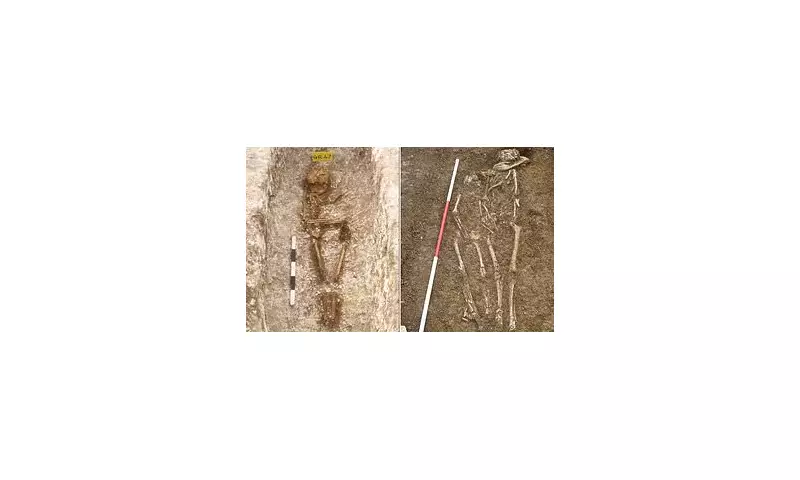
In a stunning revelation that challenges long-held assumptions about Britain's medieval population, scientists have discovered West African ancestry in skeletons dating back to the 13th century.
DNA Analysis Rewrites History
Researchers from the University of Leicester and the Francis Crick Institute conducted cutting-edge genetic analysis on remains found in Norwich, Cambridge, and other English sites. Their findings show:
- At least three individuals with direct West African heritage
- Genetic markers matching modern-day populations from Ghana and Nigeria
- Evidence of integration rather than enslavement
Norwich's African Connection
The most striking case comes from Norwich, where a woman buried in a medieval churchyard shows clear genetic links to West Africa. Radiocarbon dating places her death between 1250-1400 AD, centuries before the transatlantic slave trade began.
"This completely changes our understanding of medieval Britain's diversity," said lead researcher Dr. Sarah Inskip. "These weren't isolated cases - we're seeing evidence of established African communities."
How Did They Get There?
Historians propose several theories about how West Africans reached medieval England:
- Through the Islamic Caliphate's extensive trade networks
- As part of royal entourages (African diplomats visited English courts)
- Via pilgrimage routes to Santiago de Compostela
The research, published in Current Biology, suggests medieval Britain was far more ethnically diverse than previously imagined. These findings force us to reconsider everything from historical records to classroom textbooks about England's past.





